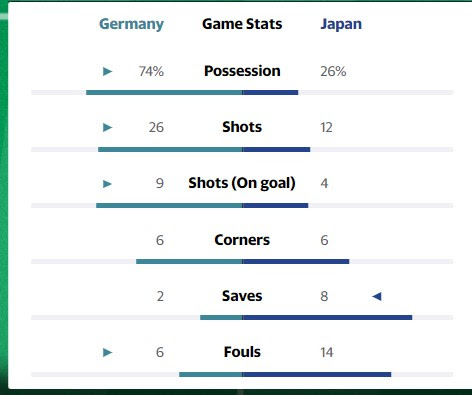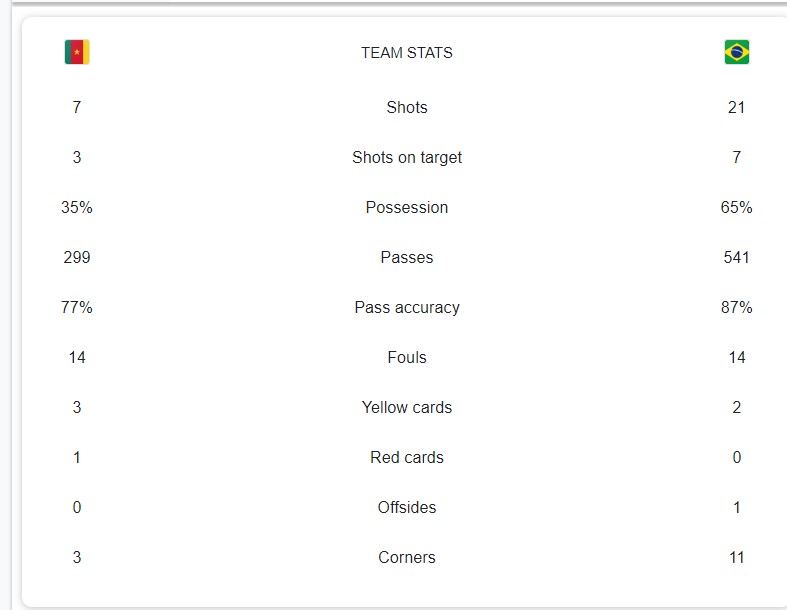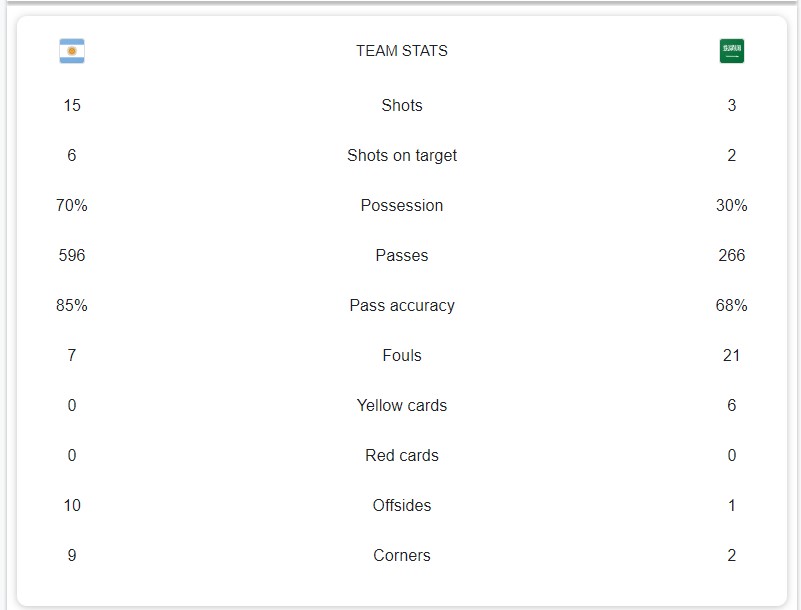The World Cup in Qatar is now heading into the knock-out stages. Say whatever you like about the event but it has produced some amazing displays of beautiful football. More importantly, the teams that have played the most amazing game.
It started with the Saudis coming back from a goal down to beat two-time champions, Argentina, which has one of the best players ever on its squad. Then, four-time champions Germany got rudely beaten by Japan and then, it was the turn of Cameron, to upset world soccer’s perpetual powerhouse – Brazil.
The spate of giant killings is part of a healthy sign. It shows that the global pecking order of world soccer is not a stagnant thing. The minnows of world soccer have been working hard to get themselves onto the world stage and the tournament in Qatar provided them with an opportunity to show that. It also has been a message to the powerhouses of world soccer that they can no longer take the smaller players for granted.
If you were to look into what happened in the three games, there is a valuable lesson. A look at the statistics of the three games shows that the losing powerhouses actually dominated the game. They had most of the possession and more shots at goal.



While the big players dominated the game and had more shots at the goal, the small guys made the few shots they had counted. You can have a million shots at the goal but if non-of them hit the target, your score is still zero. However, if the other guy only has one shot and that one shot gets past the goal, the other guy wins. The score that is important is not who keeps the ball for most of the game but the guy who puts the ball behind the net the most times.
If you boil down football to its basics, the idea is to put the ball into the other guy’s net and ensure that the other guy does not get the ball into your goal. Keeping possession of the ball does make it more likely that you may score but possession without action is pointless.
If you look at small countries and small companies, you will notice that they focus on the things that they can “sore.” Singapore, for example, tells everyone that it does not have natural resources. What it does have, however, is geography and Singapore has focused on making the most of it. Our port and airport remain a source of national pride.
The second point is that small countries can score when they refuse to be intimidated by the bigger player. The Saudi-Argentine game is a good example. Argentina was up a goal at half-time, courtesy of Mr Messi. One might have expected the Argentinians to “shut the gates” after halftime and to save their energy for future and stronger opponents.
However, Saudi Arabia’s French-born coach had other ideas, as can be seen by his now famous speech:
One of the key points he makes is that the players should focus on marking Mr Messi rather than being in awe. Judging by the final score of the game, it looks like the players got the point.
Quite often, people get focused on the “brand” of the opponent rather than on the opponent itself. There’s no doubt that Mr Messi is a magician with the ball. However, he is as human as the rest of us and the damage that he can do to opponents can be limited. After half-time, the Saudis found a way of neutralising the threat he posed and focused on the important thing – getting goals.
Just as small football teams can work wonders if they focus on playing the game rather than on the reputation of the other side, small countries and companies need to remember that their bigger competitors are just that – competitors. They are not part of a divine force and if the smaller player focuses on the main objective, they can work wonders.
This World Cup has shown that smaller teams can work wonders and can create upsets, and the larger powerhouses have been shown that they cannot treat their opponents as a joke. Small countries and small companies should take note.
A version of this article first appeared at beautifullyincoherent.blogspot.com

